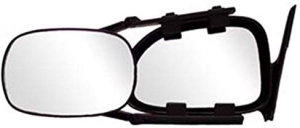-
Welcome to Tacoma World!
You are currently viewing as a guest! To get full-access, you need to register for a FREE account.
As a registered member, you’ll be able to:- Participate in all Tacoma discussion topics
- Communicate privately with other Tacoma owners from around the world
- Post your own photos in our Members Gallery
- Access all special features of the site
Running trailer fridge on DC while towing
Discussion in 'Towing' started by kathrynandzoe, Dec 15, 2014.


 Andersen weight distribution hitch
Andersen weight distribution hitch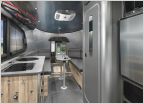 Off-road Camper Trailer for family of five
Off-road Camper Trailer for family of five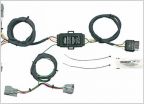 Towing harnesses
Towing harnesses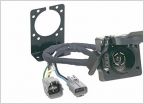 Best Replacement Option for OEM 7-pin Connector?
Best Replacement Option for OEM 7-pin Connector?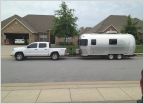 Airstreamers out there!?
Airstreamers out there!?







